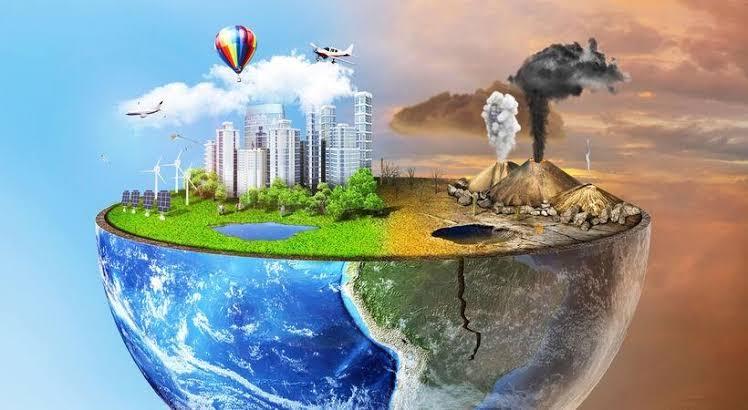Pollution has become one of the most critical challenges of our time, affecting the environment, human health, and biodiversity. The increasing levels of air, water, and soil pollution are alarming, but with collective efforts, we can take significant steps to prevent it and create a cleaner world.
One of the simplest ways to combat pollution is by reducing waste. Avoiding single-use plastics, opting for reusable products, and recycling materials can significantly cut down on the waste that ends up polluting our environment. Using eco-friendly alternatives and adopting sustainable practices in daily life can also make a huge difference.
Energy conservation is another important aspect. By using energy-efficient appliances, switching to renewable energy sources, and reducing unnecessary power consumption, we can limit emissions from power plants that contribute to air pollution. Similarly, choosing sustainable modes of transportation like cycling, public transport, or electric vehicles helps reduce harmful vehicle emissions.
Protecting our water resources is vital to preventing water pollution. Proper waste disposal, avoiding chemical use near water bodies, and supporting water conservation initiatives can ensure clean water for future generations. Planting trees and maintaining green spaces also help in reducing air pollution and provide a healthier environment.
Raising awareness about pollution and its effects can inspire more people to adopt environmentally friendly practices. Schools, communities, and governments can work together to educate people and enforce regulations to reduce pollution. Supporting policies that prioritize environmental protection is equally important in this effort.
Preventing pollution is not just about large-scale efforts; small changes in our daily lives can collectively have a big impact. By being conscious of our actions and taking responsibility for the environment, we can pave the way for a healthier, pollution-free future. It is time to act before it is too late.

